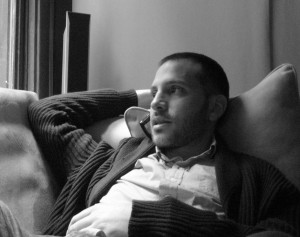 A mom wrote to me: For many years, I wasn’t in touch with my best friend from childhood, but through facebook we reconnected. I told her of my personal struggles during my son’s active addiction. She told me that my sharing this meant the world to her because she thought my life seemed perfect and was embarrassed to tell me that she had a son who was also struggling with an addiction to heroin. The door was then open to share our victories and defeats.
A mom wrote to me: For many years, I wasn’t in touch with my best friend from childhood, but through facebook we reconnected. I told her of my personal struggles during my son’s active addiction. She told me that my sharing this meant the world to her because she thought my life seemed perfect and was embarrassed to tell me that she had a son who was also struggling with an addiction to heroin. The door was then open to share our victories and defeats.
My reflection: When Jeff was in active addiction, I trembled every time someone asked me, “So how is Jeff?” What was I to say? The lie came easier, “Oh, he’s great – at Boston University and doing well.” I remember well when a medical person asked me about Jeff and, for some reason, I told him the truth. His response was compassionate: He had lost his only brother to alcoholism.
Today’s Promise to consider: The best response to addiction is honesty and compassion. The chaos of this disease touches many of us. We need to be judicious with whom we share the inner-workings of our lives, but I repeatedly find that when I’m transparent with my challenges, others are transparent with theirs. We are all human.

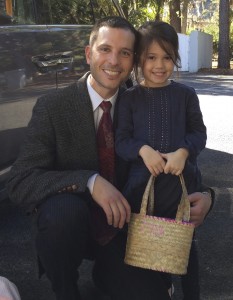




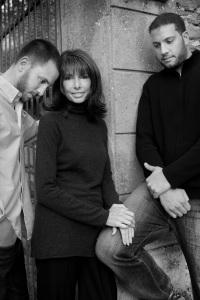
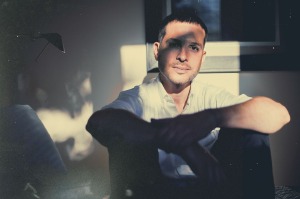

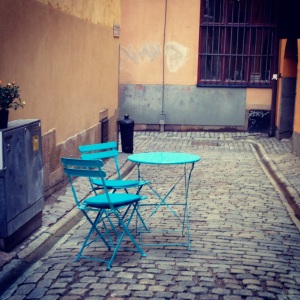
7 Comments.
View Comments | Leave a Comment